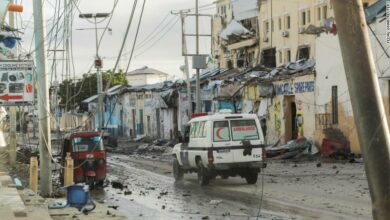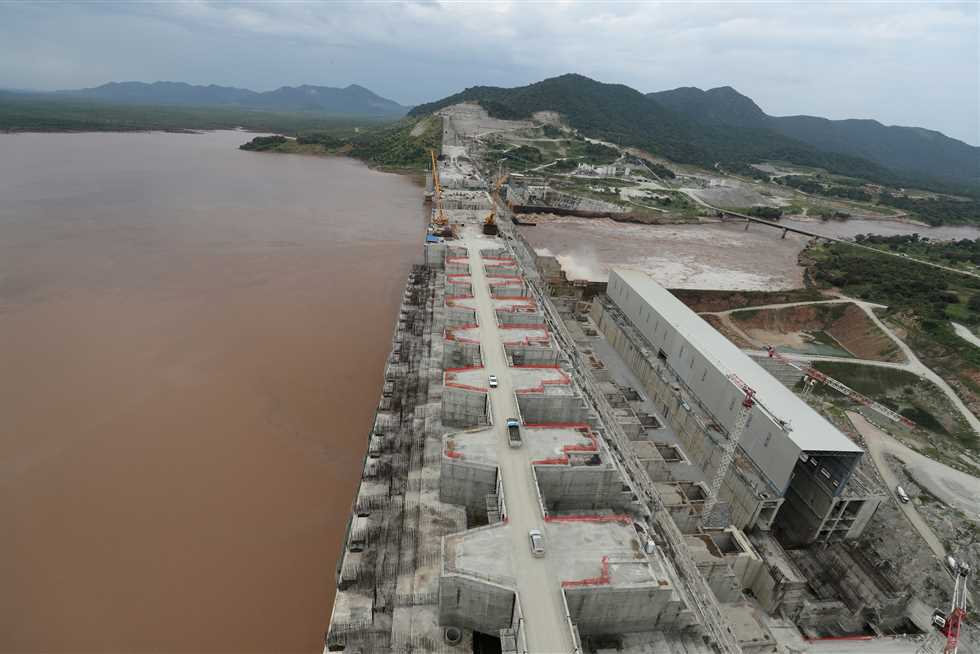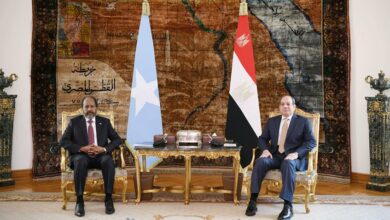Addis Ababa–Egypt could not win a war with Ethiopia over the river Nile and is also supporting rebel groups in an attempt to destabilise the Horn of Africa nation, Ethiopian Prime Minister Meles Zenawi said in an interview.
Egypt, Ethiopia and seven other countries through which the river passes have been locked in more than a decade of contentious talks driven by anger over the perceived injustice of a previous Nile water treaty signed in 1929.
Under the original pact Egypt is entitled to 55.5 billion cubic meters a year, the lion's share of the Nile's total flow of around 84 billion cubic metres, despite the fact some 85 percent of the water originates in Ethiopia.
Ethiopia, Uganda, Tanzania, Rwanda and Kenya signed a new deal to share the waters in May, provoking Egypt to call it a "national security" issue.
Meles said he was not happy with the rhetoric coming from the Egyptians but dismissed the claims of some analysts that war could eventually erupt.
"I am not worried that the Egyptians will suddenly invade Ethiopia," Meles told Reuters in an interview. "Nobody who has tried that has lived to tell the story. I don't think the Egyptians will be any different and I think they know that."
The five signatories of the new deal have given the other Nile Basin countries one year to join the pact before putting it into action. Sudan has backed Egypt while Democratic Republic of the Congo and Burundi have so far refused to sign.
"The Egyptians have yet to make up their minds as to whether they want to live in the 21st or the 19th century," Meles told Reuters in an interview, referring to the fact the original treaty was negotiated by colonial administrators.
"So the process appears to be stuck."
Stretching more than 6600km (4100miles) from Lake Victoria to the Mediterranean, the Nile is a vital water and energy source for the nine countries through which it flows.
Egypt, almost totally dependent on the Nile and threatened by climate change, is closely watching hydroelectric dam construction in the upstream countries.
Ethiopia has built five huge dams over the last decade and has begun construction on a new US$1.4 billion hydro-power facility–the biggest in Africa.
Meles accused Egypt of trying to destabilize his country by supporting several small rebel groups but said it was a tactic that would no longer work.
"If we address the issues around which the rebel groups are mobilized then we can neutralize them and therefore make it impossible for the Egyptians to fish in troubled waters because there won't be any," he said.
"Hopefully that should convince the Egyptians that, as direct conflict will not work, and as the indirect approach is not as effective as it used to be, the only sane option will be civil dialogue."
Ugandan President Yoweri Museveni in July called for a scheduled November meeting of the nine countries to be attended by heads of state. Meles said that would not happen now.
The last meeting of all sides ended in stalemate and angry exchanges between water ministers at a news conference in Ethiopian capital Addis Ababa.
"Ask the Egyptians to leave their culture and go and live in the desert because you need to take this water and to add it to other countries? No," Egyptian Water Minister Mohamed Nasreddin Allam told Reuters at that meeting.



